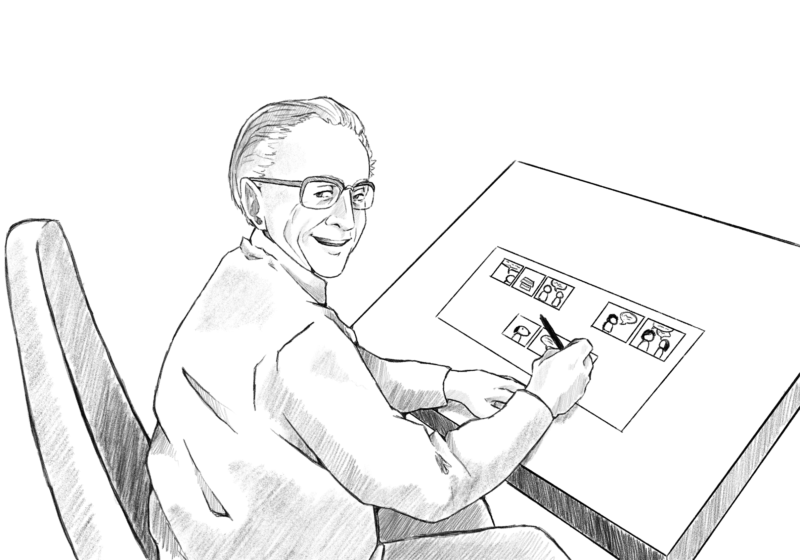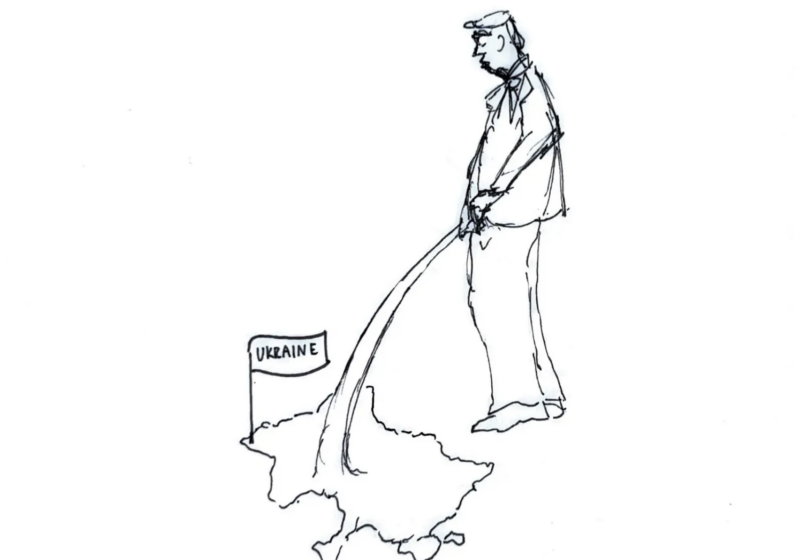I know I’m probably going to enrage a great deal of people by saying this, but I’ve never been the biggest fan of musicals. Call me tasteless, but more often than not they come off as monotonous and contrived to me, and I find myself constantly checking the time when sitting through one.
So, when my friend suggested this past weekend that we go see the musical “You’re a Good Man, Charlie Brown,” I must admit that I wasn’t particularly elated. I figured that I was about to repeat the all-too-familiar cycle of half-hearted investment in the plotline and characters, sneaky phone-glances during the heartfelt (yet typically drawn out) solos, and overwhelming apathy. Adding on to that, the fact that the performance was “family friendly” didn’t exactly add to its excitement factor. Still, I agreed to come along — it was something to get me out of the house, even if it didn’t sound like the most exciting excursion.
As the night of the show rolled around, I started mentally preparing myself for the next two hours as we set up lawn chairs at the outdoor venue. The sky grew dark, the field slowly became more packed, and eventually, the actors took the stage. Before the opening number was even finished, I could feel myself slipping into the usual musical-induced state of ennui — that is, until the song concluded and Charlie Brown took the stage, alone. Sitting down on a bench with a peanut butter sandwich, he began lamenting the fact that he is incredibly lonely and always finds himself without anybody to eat with during school lunches. After a minute or two of moping around, a fleeting moment of butterflies rushes through Charlie Brown as he spots an unseen “cute little red-haired girl” also eating her lunch alone, not too far from him. He resolves to go over and talk to her but quickly melts into a panicked flurry of overthinking as he immediately falls victim to debilitating self-consciousness, frantically turning over every single reason why he is unworthy of her attention. “I’m so big a coward she probably wouldn’t even look at me — in fact, she hardly ever looks at me!” he cries — only to cover his head with his paper bag from lunch when she does look at him.
The classic rehashing of “shy guy can’t approach girl” was a simple trope — but to me, it resonated. This opening scene immediately portrayed Charlie Brown as an undeniably human and even painfully relatable character, with his incredibly low confidence, crippling rumination, overanalysis of simple situations, and rapid shifts between motivation and self-doubt. It was amazing how such a simple scene could pack so much of the human experience of anguish and anxiety into just a few brief minutes, even through a cliché. Not only that, the scene was also able to do so in a way that was silly enough to appeal to children without sacrificing the integrity of its deeper meaning.
As the performance progressed, I was shocked yet intrigued and appreciative of how this intermingling of heavy topics and kid-friendly entertainment seemed to become a recurring theme throughout the play. Charlie Brown constantly discusses his poor mental health and even flat out admits how depressed he is at Lucy’s makeshift “psychiatric help” booth. In one scene, Lucy herself proclaims “there’s no single reason why I should go on living on this Earth” during a fit of self-loathing.
Now, before you go off thinking this musical an irredeemable sobfest, it’s crucial to note that its darker moments were only a single part of the performance’s whole picture. The play always seemed to find a silver lining and provide a sense of hope. One of my favorite scenes had Charlie Brown sing a song lamenting his lack of talent — he isn’t “good at music like Schroeder,” “happy like Snoopy,” or “lovely” like Lucy. But by the end of the number, he realizes that despite this, he’s still “the singular, remarkable, unique Charlie Brown.” “I’m ME!” he triumphantly declares.
This moment really stuck with me. We so often try to define ourselves by our achievements and productivity at the expense of overlooking our inherent worth as individuals. Nobody loves Charlie Brown because he’s particularly amazing at one thing. Everybody loves Charlie Brown because he’s Charlie Brown — the clumsy, self-deprecating, insecure, but loveable four-year-old who’s practically bald.
It got me thinking — if I were Charlie Brown, how would I feel about myself? Would I accept my quirks and imperfections as a part of who I am like everyone else does, or would I measure my worth by what I was good at like he initially did? I think that it can be easy to disregard the whole inherent worth thing when it comes to evaluating ourselves — so to see an embodiment of this concept in a character like Charlie Brown was eye-opening.
Maybe musicals aren’t always so bad.






